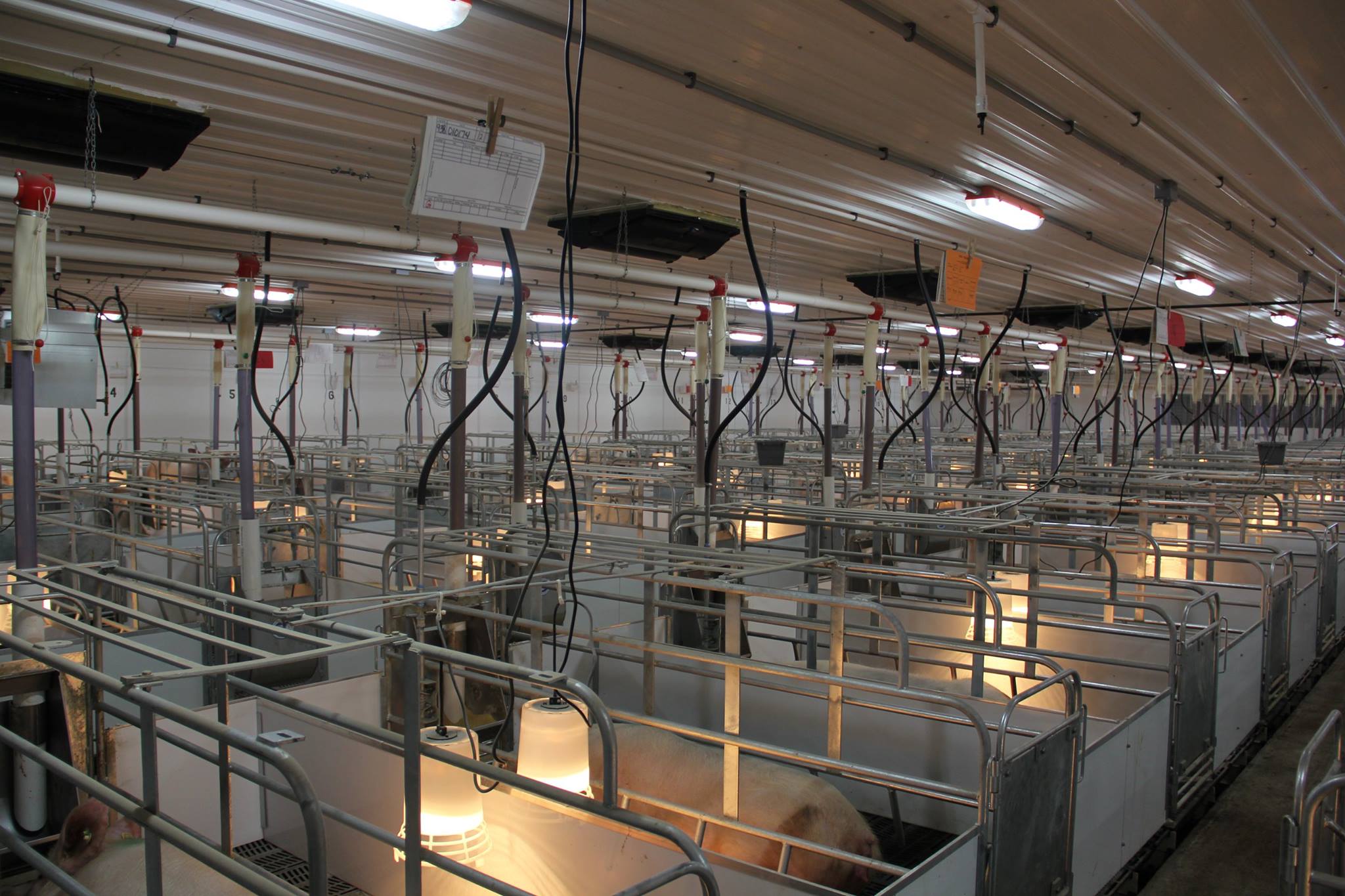California’s Prop. 12 Fatally Flawed

The economic fate of farmers and some consumers in California – and even in other states – could be determined Nov. 6 when the state’s voters go to the polls.
A ballot initiative being pushed by animal-rights groups to ban the sale in the state of pork produced from hogs born to sows housed in individual pens, or gestation stalls – no matter in which state they’re raised – would have severe negative consequences for Golden State livestock farmers and low-income households. (The initiative, Prop. 12, also would require egg-laying hens to be raised “cage-free” and would ban veal from calves housed in crates.)
Californians should reject this fatally flawed proposition.
First, the state’s low-income households, which more than others rely on low-cost sources of protein, likely would be disproportionately affected by such a sales ban.
That’s what happened in the state after the legislature outlawed, beginning in 2015, the sale of eggs from hens housed in so-called battery cages regardless of whether the hens were raised in California or other states.
According to a 2016 study conducted by Cornell University economist Harry Kaiser, the ban resulted in a 49-cent per dozen increase in California egg prices. That rise was 13½ times higher than the inflation rate for all food and 35 times higher than the overall inflation rate. Based on average per capita consumption in the United States of 21½ dozen eggs a year, California consumers spend almost $14 a person more on eggs or $70 a year for a family of five because of the ban. (No doubt, pork prices will rise if the 2018 initiative is approved.)
While that may not be much for an average California household, the same can’t be said for the state’s poorest households, Kaiser pointed out.
Second, such a sales ban could force hog farmers who want to sell pork (and veal producers who want to sell veal) in the populous California market to switch to alternative housing systems – at significant cost to them and consumers everywhere.
Brian Buhr, professor in applied economics at the University of Minnesota, in a 2010 study estimated a cost of between $1.9 billion and more than $3.2 billion for the pork industry to move away from individual pens for sows. That would raise the price of pork, which in turn would start a cycle of consumers demanding less pork followed by higher prices – at a cost to consumers of an estimated $5 billion, according to Buhr.
Some hog farmers likely would go out of business, further reducing the production (supply) of pork and prompting another increase in consumer prices. Of course, animal-rights groups not only know this, they count on it to achieve their goal of significantly reducing meat consumption in America.
Third, the science supports the use of individual pens for pregnant sows. Several academic studies indicate sows do well in such housing. One study, for example, found that sows given a choice of moving freely or remaining in their stalls chose the latter, and a 2015 scientific literature review comparing sow housing systems found there is no specific health benefit to one type of housing over another.
Moreover, the American Association of Swine Veterinarians supports the use of gestation stalls for housing sows during pregnancy because they minimize aggression and competition among sows and allow for observation of individual animals to assess their well-being.
Finally, a California ban on the sale of out-of-state pork (and eggs and veal) is a restraint of interstate commerce, and that’s a violation of the U.S. Constitution, which grants Congress absolute power over trade among the states. (The U.S. Court of Appeals for the Ninth Circuit in Sacramento dismissed a 2014 case brought by six state attorneys general against the egg sales ban, but it did so not on the merits of the case but on procedural grounds and because no “actual or imminent” injury was alleged.)
Californians – regardless of how misinformed by activist groups – are free to regulate farming activities in their state. But they shouldn’t dictate the production practices of farmers in the other 49, particularly when those proven practices promote animal well-being and the production of safe, affordable food. They should vote “No” on Prop. 12.